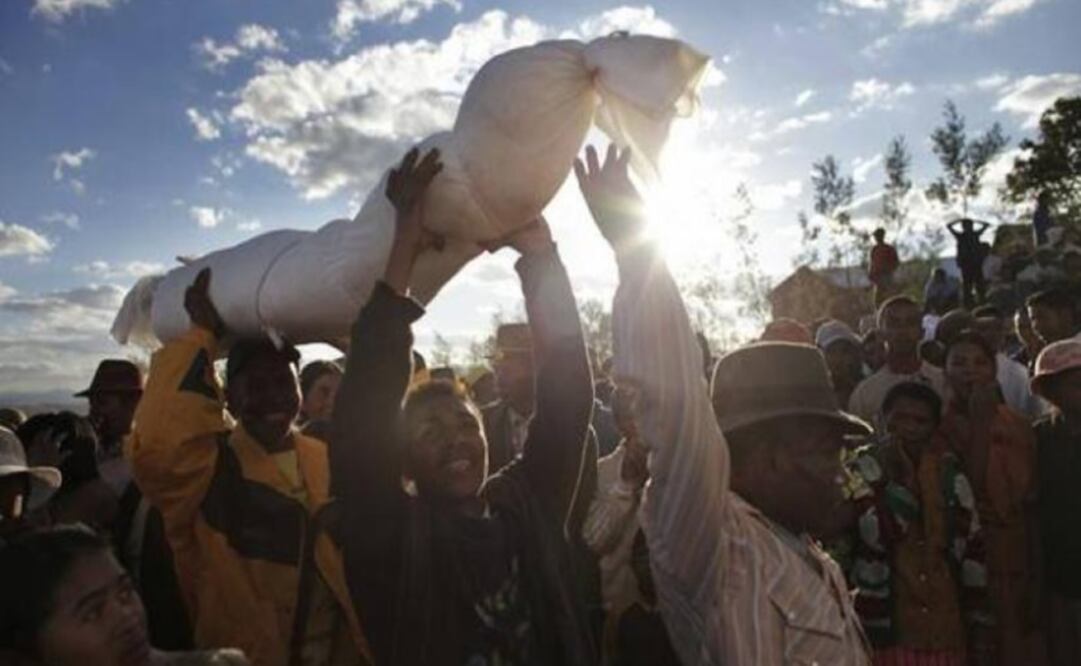Más Información

Con cuadro de su tocayo, Marx deja la oficina de la SEP y toma el Metro; niega moches y malos tratos a trabajadores

Fiscalía de Zacatecas confirma que Ángela Aguilar y Christian Nodal presenciaron enfrentamiento armado; "ellos no fueron el blanco", aclara

Grecia Quiroz presenta denuncia contra Leonel Godoy, Raúl Morón e Ignacio Campos; los acusa de participar en asesinato de Carlos Manzo
Bubonic
and pneumonic plague in Madagascar has killed 124 people since August in an outbreak that has hit the island’s two main cities, Antananarivo and Toamasina .
According to the latest balance published by the United Nations ( UN ), plague is endemic in Madagascar, but the outbreak that has caused 1,192 suspected cases is especially worrying because it started earlier in the season than usual and has hit urban rather than rural areas.
Doctors Without Borders
( Médecins Sans Frontières abbreviated MSF ), an international humanitarian non-governmental organization best known for its projects in war-torn regions and developing countries affected by endemic diseases , notes that bubonic plague is spread by infected fleas, while pneumonia is transmitted from human to human.
From the beginning of July until the end of October , Famadihana or “ turning of the bones ” is celebrated. Famadihana is a funerary tradition of the Malagasy people in Madagascar in which people bring forth the bodies of their ancestors from the family crypts and rewrap them in fresh cloth to dance with the corpses around the tomb concerns the health authorities of the country as it may be linked to the outbreak.
Thus, sanitary regulations in Madagascar dictate that victims of the plague should be buried in anonymous mausoleums, not graves that can be reopened, yet many refuse to abandon what is considered a sacred ritual that honors the ancestors and brings good fortune to those who practice it.
“The total number of cases is already three times higher than the average annual total,” the National Office for Risk and Disaster Management said in a report.
The report said that of an estimated $9.5 million in aid needed to counter the epidemic, only $3 million has been raised.
sg
Noticias según tus intereses
[Publicidad]
[Publicidad]











